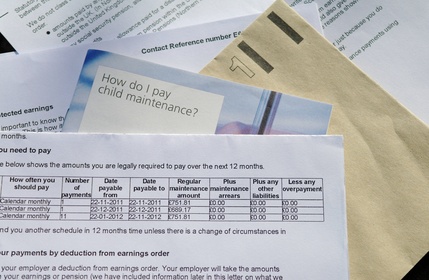While there is no specific formula the New York court uses to calculate and grant spousal maintenance, the court’s intent is so make sure that the receiving party can eventually become economically self-sufficient. Therefore, it is unusual for the court to grant spousal maintenance for a long or indefinite period of time. The most important factor that the court will consider when making a spousal support determination is the standard of living that the spouse is used. Other important factors the court looks at include the following:
- Assets and income of the parties
- Age and health of the parties
- Earning capacity of the parties
- Length of time it may take for the spouse seeking spousal maintenance to become economically self-sufficient (this includes training or schooling)
- Whether there are minor children of the marriage and which parent the children reside with
- Tax consequences
- Whether a spouse has squandered marital assets or property
The courts have the leeway to decide which factors to consider when making a determination based upon the circumstances of the case.
Fair and Equitable Spousal Maintenance Formulas
Some states are revisiting their laws regarding spousal support to make them more fair and equitable. In 2007, The American Academy of Matrimonial Lawyers based out of Chicago suggested spousal support guidelines that could be used universally in many jurisdiction by taking 30% of the gross income of the payor and subtracting 20% of the payee’s gross income and calculating the duration of the spousal maintenance by multiplying the length of the marriage by a certain numerical calculation.
If you are contemplating getting a divorce, it is important to understand your rights and obligations and what you are entitled to receive as part of the divorce settlement and decree. The court prefers that the parties agree on spousal support issues and other martial issues, but will make the decision on their behalf if they are unable to come to an agreement. However, when the court makes the decision, it may not be what you feel is fair so if you can work out your differences with your spouse, you may receive a settlement you are happier with than if the court decides on your behalf.
